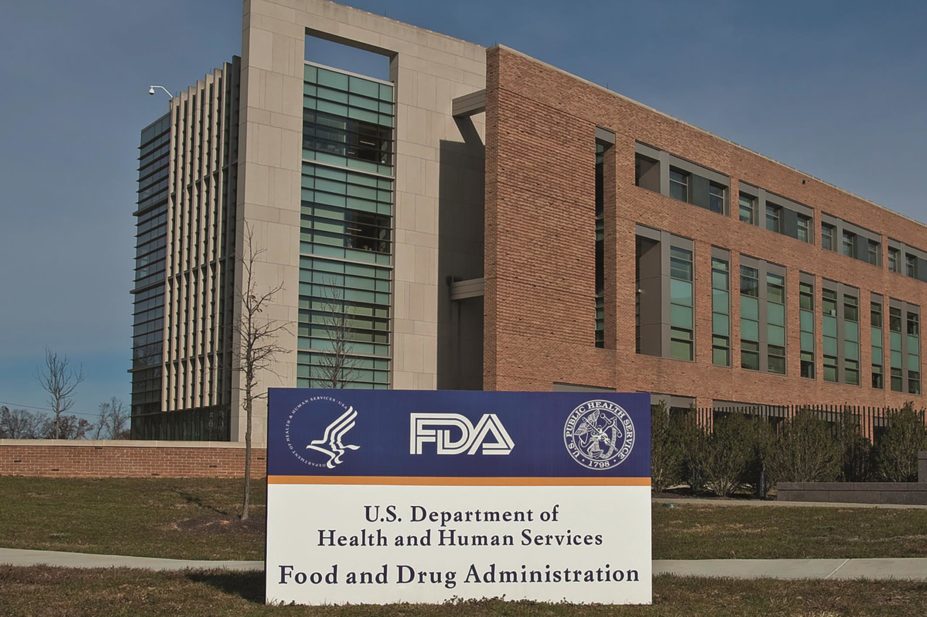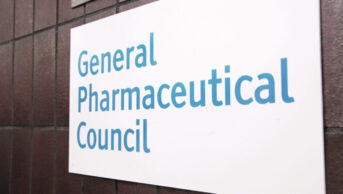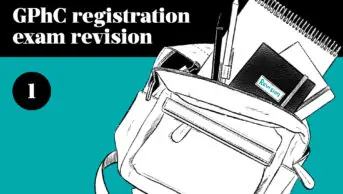
US Food and Drug Administration
The US Food and Drug Administration’s (FDA) oncologic drugs advisory committee has given the green light to Sandoz’s EP2006, a biosimilar version of filgrastim.
If the FDA follows the advice given on 7 January 2015, EP2006 will be the first biosimilar drug to be approved in the United States.
EP2006, a granulocyte-colony stimulating factor, helps reduce the risk of infection in patients undergoing some forms of cancer chemotherapy.
Sandoz, the generics arm of Novartis, based in Basel, Switzerland, presented the FDA committee with a range of data, including results from a clinical trial of 280 breast-cancer patients who were given either EP2006 or Neupogen (filgrastim), the reference product which is produced by Amgen, headquartered in Thousand Oaks, California. These patient groups showed almost identical clinical outcomes, and the committee concluded that the drugs are “highly similar”. Sandoz now hopes to market EP2006 in the United States as Zarxio.
Generic versions of small-molecule drugs are widely used, and offer a vital way to reduce healthcare costs. But biologic drugs, such as therapeutic proteins, are much more difficult to copy because even small changes to the manufacturing process can affect their structure and activity. This makes it tough for generic manufacturers to prove that their biosimilars closely match established biologics.
Other countries have moved ahead with biosimilar approvals much more quickly than the United States. Europe adopted a framework for biosimilar approvals in 2005, while the FDA only released its own draft guidance to biosimilar manufacturers in 2012. Indeed, EP2006 is already sold as Zarzio in more than 40 countries, and won European Medicines Agency (EMA) approval in 2009. Some 20 biosimilars, spanning five product classes, are currently approved by the EMA.
Healthcare consultancy IMS Health projects that the global market for biosimilars will reach US$200bn by 2016-2017, partly driven by existing biologics losing their patent protection. In anticipation of this, on 6 January 2015 the UK’s National Institute for Health and Care Excellence updated its own guidance on biosimilars.
You may also be interested in

Pharmacy regulator considers giving up legal authority to conduct covert investigations of pharmacists

More than 40% of people with ADHD waiting at least two years to access mental health service, study finds
